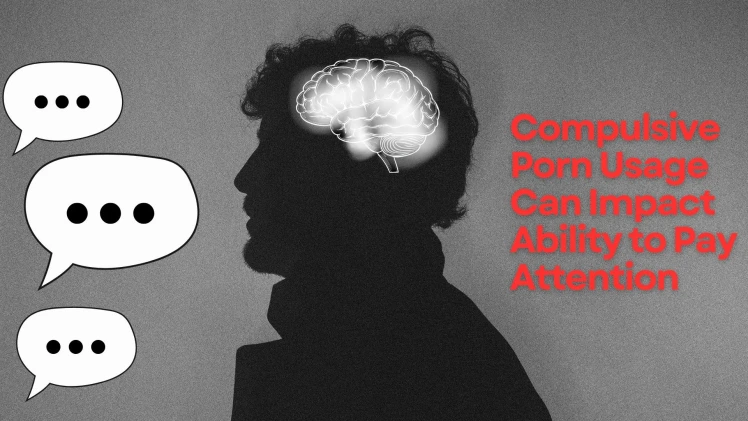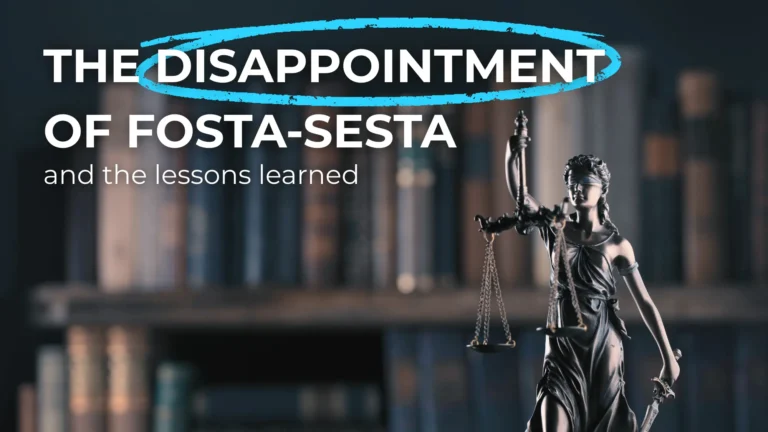Utah’s Children’s Device Protection Act (SB 104), which requires smartphones and tablets to automatically turn ON filters that block pornography websites when activated, is now law!
The Act passed unanimously on February 24th and was signed by UT Governor Spencer Cox on March 13, 2024.
The Children’s Device Protection Act was co-authored by Protect Young Eyes and NCOSE. We are very grateful to Protect Young Eyes for their partnership in pushing forward this critical solution for child protection. Protect Young Eyes also co-authored the following blog content.
About the Children’s Device Protection Act
In an era dominated by screens, parents and guardians grapple with never-ending challenges to keep children safe online. The prevalence of harmful content—from childhood exposure to hardcore pornography with themes of racism, sexual violence and incest, to exploiters grooming young people to share child sexual abuse material (CSAM)—is overwhelming.
All devices have filters to prevent children from accessing this content, but they are automatically switched to “OFF” when the device is activated. As a result, children are vulnerable to unwanted and damaging exposure to hardcore pornography. The fact is, turning on safety settings and filters on devices is complex and inefficient—some devices take dozens of steps to simply turn on the available protective settings.
The National Center on Sexual Exploitation (NCOSE) reviewed over 100 academic studies on the negative impacts of pornography, which often includes incest, racism, and extreme violence themes. Pornography harms the brain, particularly for developing minds, and it fuels addiction. This material can ruin lives, and children are at most risk. This evidence should inform state policy.

State legislators know about the dangers to children online. In 2024, 26 states proposed age verification legislation to protect minors from pornography, modeled after Louisiana Act 440. Similar legislation has already been approved in Utah, Texas, Mississippi, Virginia, Arkansas, Montana, North Carolina, Virginia.
However, this legislation relies on pornography platforms to protect children online—and most are not implementing the laws. This is why NCOSE & Protect Young Eyes developed the Children’s Device Protection Bill, new model legislation to provide children with much-needed protection at the level of the device itself.
Why can’t devices activated for minors (or BY minors) default to safety from the start?
They can! Smart devices already have filtering capabilities and parental control software, but they are overly complicated for parents and guardians to navigate. And not all children have parents who care about their digital well-being.
By defaulting existing filters to “OFF,” devices leave children vulnerable to accidental exposure to harmful, violent explicit content. Particularly children without tech-savvy, highly involved caregivers.
The Children’s Device Protection Bill proposes crucial measures to hold phone and tablet manufacturers accountable to create a safer online environment, instead of putting all responsibility on overburdened parents and guardians.
Learn more about the Children’s Device Protection Bill here.
ACTION: Ask Your State Legislators to Pass Similar Legislation!
Please help us in getting legislation like this passed in other states. If you are in South Carolina, Indiana, Idaho, Arizona, or Alabama please contact your state legislators by clicking on the hyperlinks over the respective state name.



